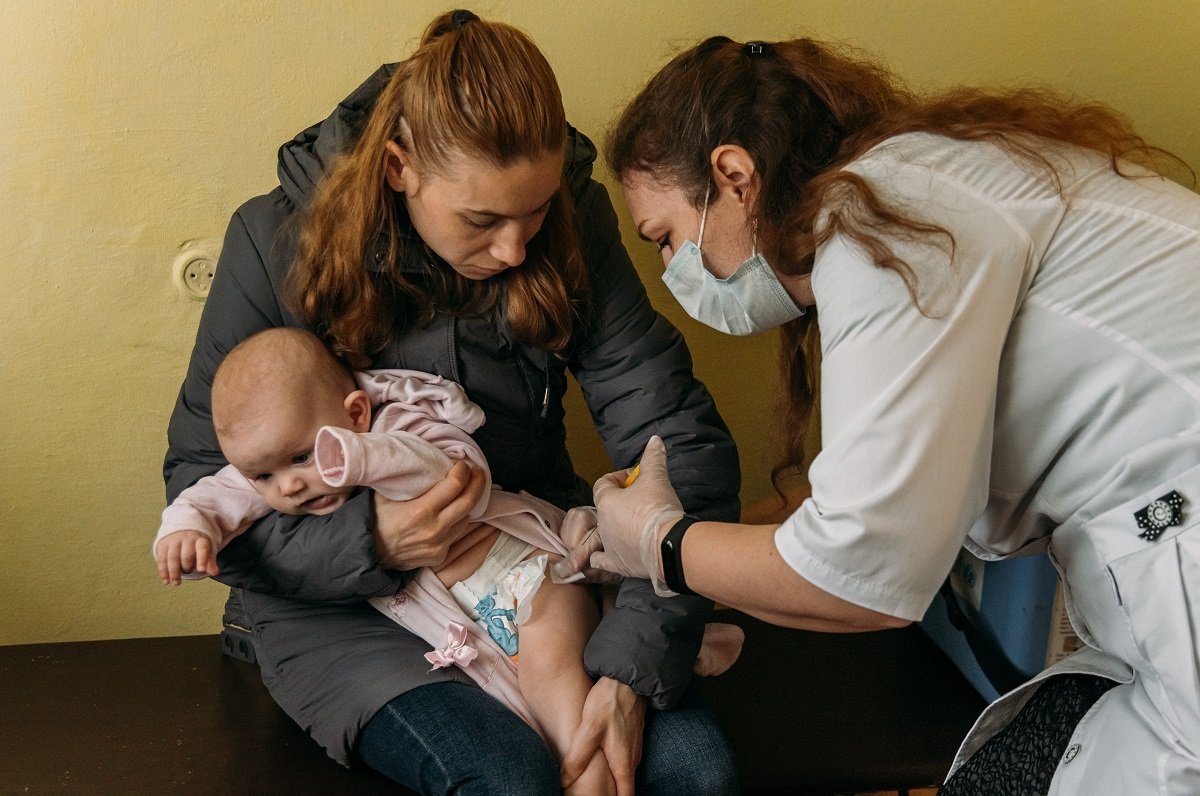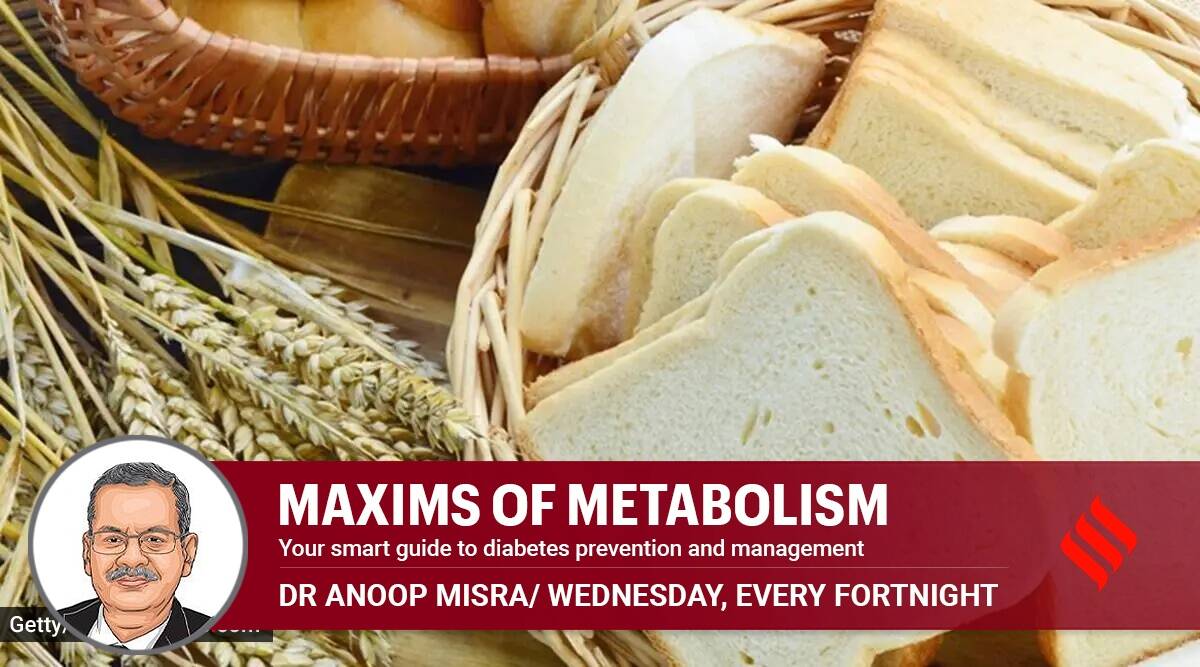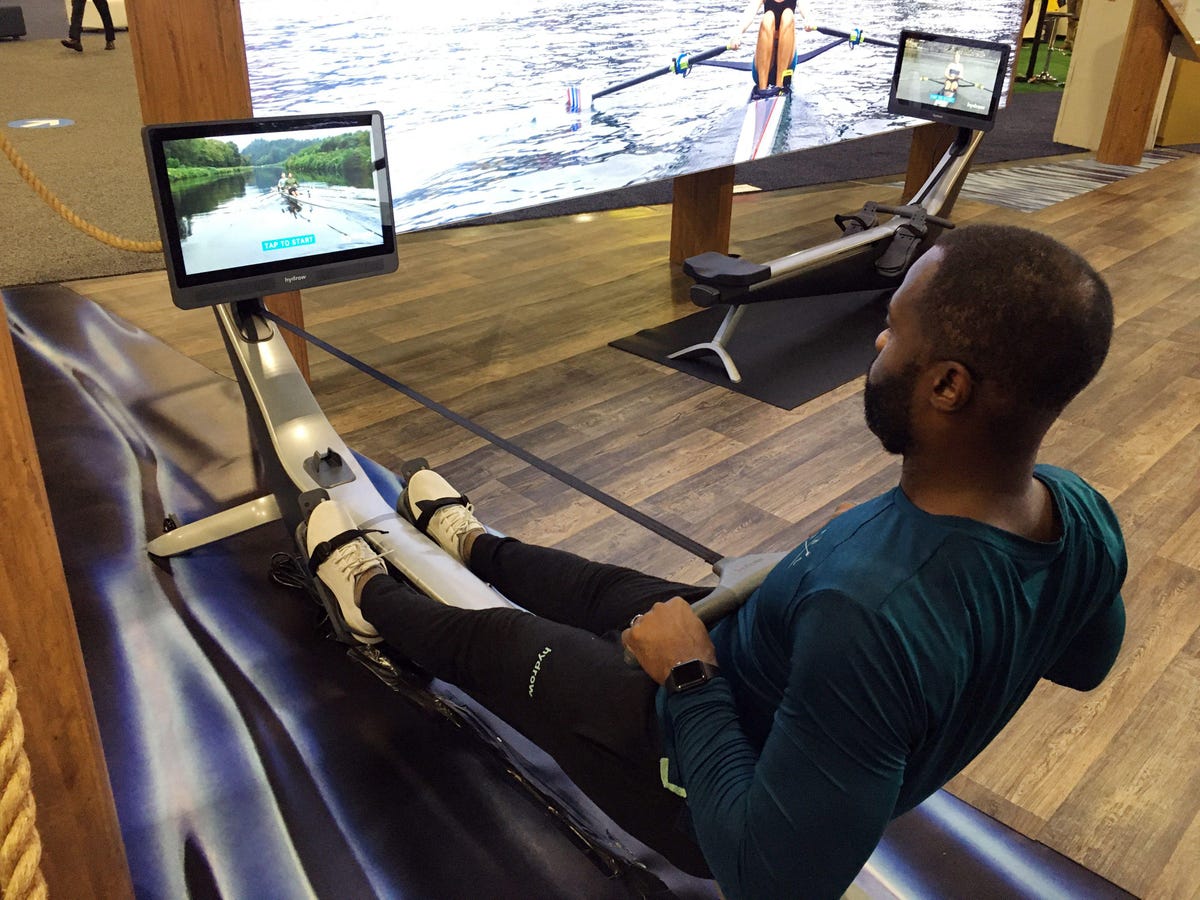[ad_1]
A new report of the World Health Organization finds that existing policies on the inclusion of refugees and migrants in vaccine national plans and their implementation vary greatly across countries and regions globally, with disparities in access based on the legal status, age, and the context in which these populations live. The report notes that most countries do not specify a clear policy on refugee and migrant entitlement to vaccination and that where more inclusive policies exist, there are often gaps in their implementation.
Ensuring the integration of refugees and migrants into immunization policies, planning and service delivery globally – the third report of the WHO Global Evidence Review on Health and Migration (GEHM) series – identifies specific and unique barriers that refugees and migrants may face in accessing vaccines. These include administrative and policy barriers; individual-level barriers, including trust, cultural, religious, social norms and beliefs; logistic barriers such as availability and accessibility of vaccinations; information and communication barriers; and financial barriers.
Vaccination is an absolute requirement to achieve universal health coverage, and one of the world’s most cost-effective public health interventions. Yet, under immunization is still common among refugee and migrant populations, as migration and displacement may have adverse effects on the ability and motivation to be vaccinated.
WHO’s new Immunization Agenda 2030 sets out a clear vision of “a world where everyone, everywhere, at every age, fully benefits from vaccines for good health and well-being”. This vitally important global health protection measure must be available to all, including refugees and migrants; therefore, equitable vaccination of refugees and migrants is a priority for WHO.
“Access to health-care services, including immunization services, is a human right for refugees and migrants. They are critical to the prevention and control of infectious-disease outbreaks, such as COVID-19, and therefore ensure health security for all,” stressed Santino Severoni, Director of the WHO Health and Migration Programme. “All countries should ensure the eligibility and non-discriminatory and equitable access to vaccines for all, including refugees and migrants, along with the host population, free from any administrative, cultural, financial, linguistic and other barriers.”
Full inclusion of refugees and migrants in global and national immunization plans and vaccinations is essential to making progress towards universal health coverage. To support countries fully integrating refugees and migrants into national immunization plans, and increase access to routine vaccines, the report provides three key areas for policy consideration:
- Ensure universal and equitable access to vaccines for all refugees and migrants regardless of migrant status, age and gender through inclusive immunization policies; communication, engagement strategies, and community participation to address barriers to access; communication strategies to counter disinformation and misinformation; cost-free delivery of vaccines; integration between immunization and other health programmes to strengthen primary health care.
- Strengthen health systems to provide catch-up vaccination in mobile populations across the life course to close existing immunization gaps, and ensure adequate resources for these activities through increased national vaccine capacity; improved accessibility and outreach capacity of immunization services and primary care providers to promote vaccine uptake; provision of cross-border service delivery and vaccination records; education about barriers to immunization services for these populations.
- Strengthen data collection to monitor immunization coverage and service delivery gaps in refugee and migrant populations through financial support for national data collection and analysis; immunization information systems to capture vaccination coverage data; robust, large-scale studies to identify the drivers of under immunization and vaccine hesitancy.
“The Immunization Agenda 2030 is designed to motivate strategic, impact-directed action at the local, national, regional, and global levels The COVID-19 pandemic is a powerful demonstration that health is not a luxury, but a human right; not a cost, but an investment; not simply an outcome of development, but the foundation of social, economic and political stability and security. Vaccines give everyone the opportunity to reach their full potential and pursue a life well-lived but can only deliver if they reach everyone who needs to be vaccinated, are distributed equitably including to refugees and migrants,” said Kate O’Brien, Director of the WHO’s Department of Immunization, Vaccines, and Biologicals (IVB).
Note to editors:
Developed by the WHO Health and Migration Programme (PHM) and the Department of Immunization, Vaccines, and Biologicals (IVB), the report is based on a scoping review of 210 relevant articles identified through searches of academic and grey literature published between 1 January 2010 and 31 October 2021, with no restrictions on language or geographical scope.
The report is part of the Global Evidence Review on Health and Migration (GEHM) series launched in June 2021. The GEHM series is a collection of global and national synthesis reviews answering the policy questions identified as priorities through summarizing the best available evidence worldwide. The series’ reports provide policy-makers with evidence-based policy considerations to help them address the health aspects of global migration.
A high-level event was held on 24 May 2022 in Geneva on the margins of the seventy-fifth World Health Assembly with a focus on the importance of integrating refugees and migrants in immunization policies, planning, and service delivery to advance the promotion of the health of refugees and migrants.
Sponsored by Luxembourg and co-sponsored by Argentina, Colombia, Lebanon, Poland, the event flagged the relevance of collecting and utilizing accurate data as a basis for evidence-based policies, with a particular focus on immunization, and also provided an overview of the WHO Global Evidence Review on Health and Migration “Ensuring the integration of refugees and migrants in immunization policies, planning, and service delivery globally”.
The event included opening remarks by H.E. Paulette Lenert, Minister of Health, Luxembourg; H.E. Carla Vizzotti, Minister of Health, Argentina; H.E. Fernando Ruiz Gomez, Minister of Health, Colombia; H.E. Firass Abiad, Minister of Health, Lebanon; and a video message by Dr Tedros Ghebreyesus, Director-General, WHO. The segment was chaired by Dr Zsuzsanna Jakab, Deputy Director-General, WHO.
- H.E. Paulette Lenert, Minister of Health, Luxembourg, reflected on the need for continuous support in ensuring access to health services, including vaccination, as reminded by the WHO Global Action Plan on Refugee and Migrant Health 2019-2023 (GAP) and the COVID-19 pandemic, and how migrants and refugees often remained unvaccinated. H.E. Paulette Lenert concluded that “a shift towards migrant-sensitive and adaptable vaccination services, systems, and policies, with coproduction of tailored interventions and clear, consistent public health messaging, is key to address specific vaccine access and acceptance barriers in migrants and strengthen vaccination programmes.”
- H.E. Carla Vizzotti, Minister of Health, Argentina, reaffirmed the country’s commitment to the GAP and to the Immunization Agenda 2030, and shared good practices on the national level. H.E. Carla Vizzotti stated that “for Argentina, health is considered as a universal human right and in this sense, as representative of the Ministry of Health, our great challenge is to ensure access to quality health services for the whole population, no matter their place of origin.”. The COVID-19 Vaccination Strategic Plan, which initiated the greatest national vaccination campaign in the history of our country, considered the vulnerability criteria in different groups, including migrants, in order to ensure access to vaccines for people on the move, no matter their legal status.
- H.E. Fernando Ruiz Gomez, Minister of Health, Colombia, shared good practices at the national level and renewed its commitment to continue sharing experiences, good practices and lessons learned that have allowed to carry out the National Vaccination Plan, including vaccination of the migrant population. In relation to COVID-19 vaccination, Minister Fernando Ruiz reiterated that in Colombia “regardless of their immigration status, (everyone) can be vaccinated”.
- H.E. Firass Abiad, Minister of Health, Lebanon shared the challenges faced in ensuring vaccination in the country, including the purchase of COVID-19 vaccines, due to the economic and financial crisis in Lebanon, which has hindered the purchase of vaccines while. At the same time, the country is not able to apply to receive vaccines through the COVAX initiative.
- Dr Tedros Ghebreyesus, Director-General, WHO reiterated how refugees and migrants are some of the most vulnerable and marginalised people in the world, and in many countries, they are not entitled to vaccination, or face difficulties accessing vaccines. WHO is working with countries to address these challenges, and is pushing for the full inclusion of refugees and migrants in immunisation plans and other essential health services. WHO concluded that we can only build a healthier and more resilient world if they are included in health policymaking.
The high-level opening was followed by a technical session. Speakers included: Dr Santino Severoni, Director, Health and Migration Programme, WHO and Dr Ann Lindstrand, Unit Head for the Essential Programme of Immunisation, WHO; Professor Grzegorz Juszczyk, Director, National Institute of Public Health, Poland; Dr Petra Khoury, Director, Health and Care Department, IFRC; and Dr Alice Wimmer, Senior Migration Health Officer, IOM.
A meeting report is available here.
The video messages by Dr Tedros Ghebreyesus, Director-General, WHO, is can be watched here.
[ad_2]
Source link



